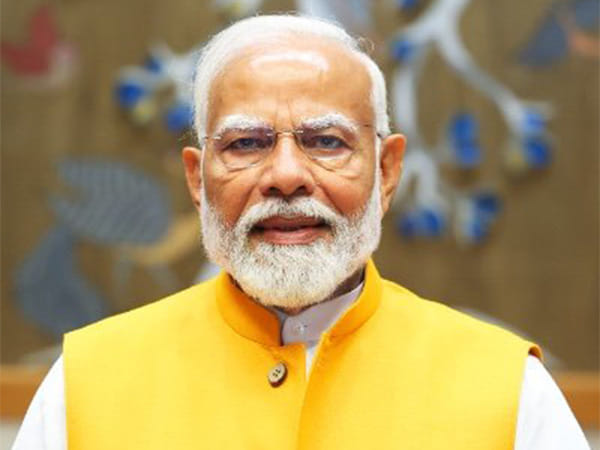Thank you dear subscribers, we are overwhelmed with your response.
Strategic autonomy has historically been the cornerstone of India’s foreign policy, allowing it the flexibility to manoeuvre through global challenges without being tethered to any one power bloc. In this context, U.S. Ambassador to India Eric Garcetti’s remarks that “there is no such thing as strategic autonomy during a conflict” and that “no war is distant anymore” prompt serious contemplation. While the ambassador’s assertion highlights the interconnected nature of contemporary conflicts, it underscores the significance of India pursuing an aggressive economic growth strategy to help in maintaining an autonomous stance to independently pursue its national objectives.
India’s disproportionate reliance on Russian military hardware is one of the critical facets of this equation. Russia has been a longstanding and reliable supplier of arms to India, forming the backbone of the Indian defence arsenal. Despite recent delays in the supply of the S-400 air defence systems amid global supply chain disruptions and geopolitical churn, it is clear that India’s dependency on Russian arms will persist into the foreseeable future. This dependency necessitates a pragmatic approach, ensuring that India continues to secure and diversify its defence capabilities (including “Atmanirbharta” in defence equipment), while navigating international pressures.
Moreover, India’s energy security has greatly benefited from its relationship with Russia. The procurement of discounted Russian oil, paid for in Indian Rupees, has been instrumental in supporting India’s economic growth trajectory. Access to cheap oil has alleviated some of the economic pressures within India, providing a much-needed cushion amidst global inflationary trends. Nevertheless, while Russia undoubtedly requires oil revenues to fund its war efforts, it has accumulated a substantial reserve of Indian Rupees for which it currently has little use, presenting a complex economic dilemma.
The global ramifications of these developments cannot be overlooked. As the balance of power shifts and Russia becomes increasingly dependent on China, India must astutely balance its regional and extra regional ties. The potential return of Donald Trump to the White House, with his proclivity for controversial stances on international affairs, adds another layer of uncertainty. Trump’s re-entry could dramatically reshape the global chessboard, making it imperative for India to remain vigilant and adaptable.
Amidst all these considerations, PM Modi’s visit to Russia reinforces India’s strategic autonomy doctrine. Diplomatic engagements at the highest levels signify not only continuity in historical relations but also recalibration based on current exigencies. India has consistently articulated its stance on peace and conflict resolution, urging dialogue and the cessation of hostilities in the Ukraine conflict. By steadfastly maintaining its position, India underlines its sovereign prerogative to determine its strategic priorities.
India’s foreign policy, therefore, revolves around a complex mosaic of calculated engagements, strategic alliances, and non-aligned diplomacy. The chasm between Russia and the West provides India with both opportunities and challenges. On one hand, it accentuates India’s geopolitical relevance; on the other hand, it necessitates a vigilant reassessment of its defence and energy avenues to avoid strategic pitfalls.
In summary, PM Modi’s recent visit to Russia reflects India’s commitment to preserving its strategic independence. It is crucial to consider a few key points:
Russia does not provide a significant outlet for Indian exports and Russia cannot substitute Western markets for India, which are critical for India’s economic growth targets. While Russia is vital for India’s defence, the West is crucial for its economic growth. India’s foreign policy must navigate the evolving dynamics among China, the West, and Russia with caution. While Ambassador Garcetti acknowledged the interconnected nature of modern conflicts, he did not fully address India’s broader concept of strategic autonomy. India’s reliance on Russian energy and weapons, alongside the uncertainty of U.S. leadership changes, underscores the importance of India’s independent diplomatic strategies. The impact of these shifts on global alignments remains uncertain, but India remains resolute in upholding its strategic autonomy and national interests. It is important for India to remain adaptable and choose its battles wisely while ensuring that national interests take precedence.
These pieces are being published as they have been received – they have not been edited/fact-checked by ThePrint.


